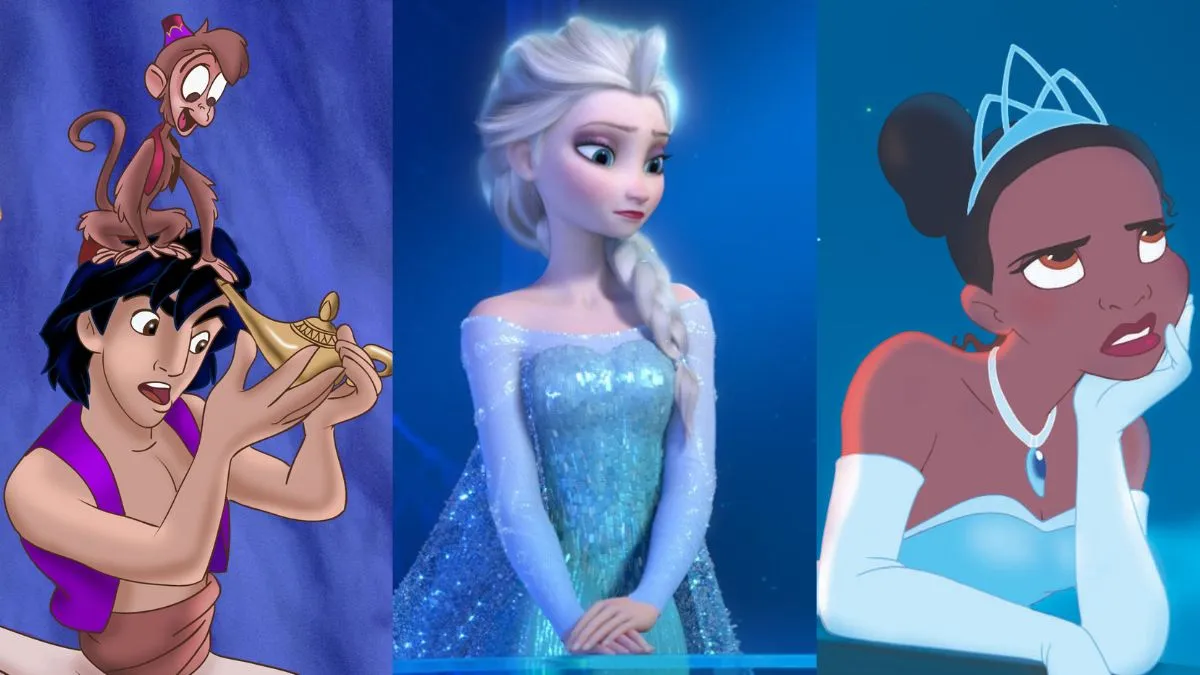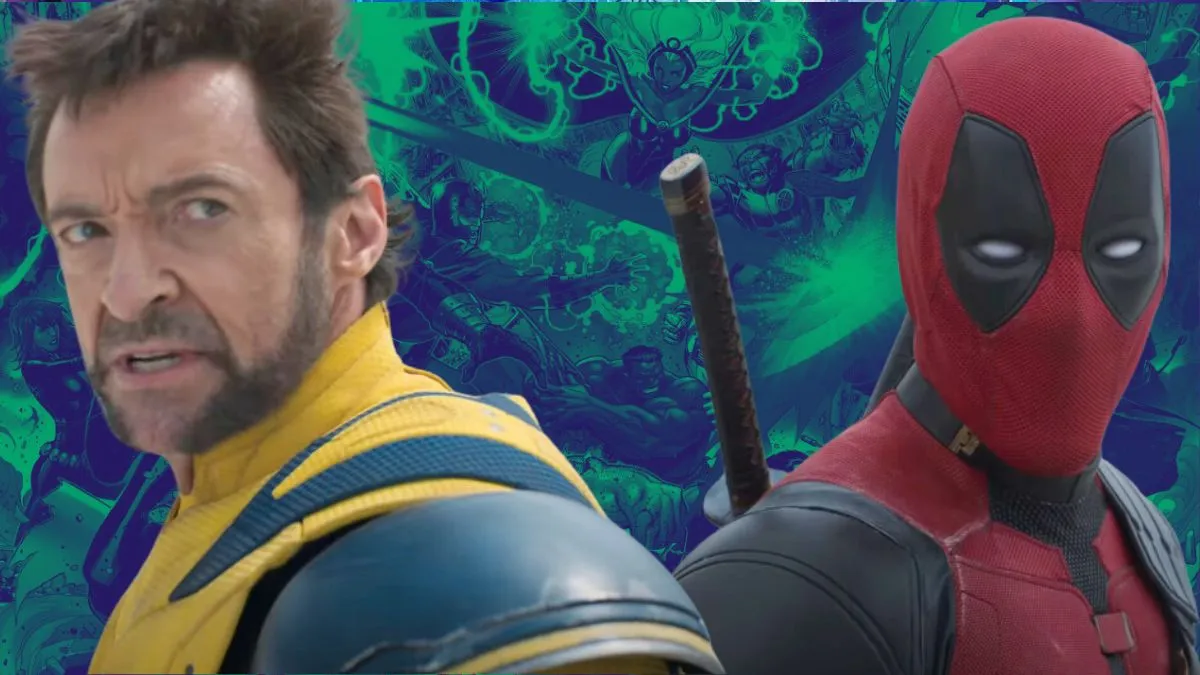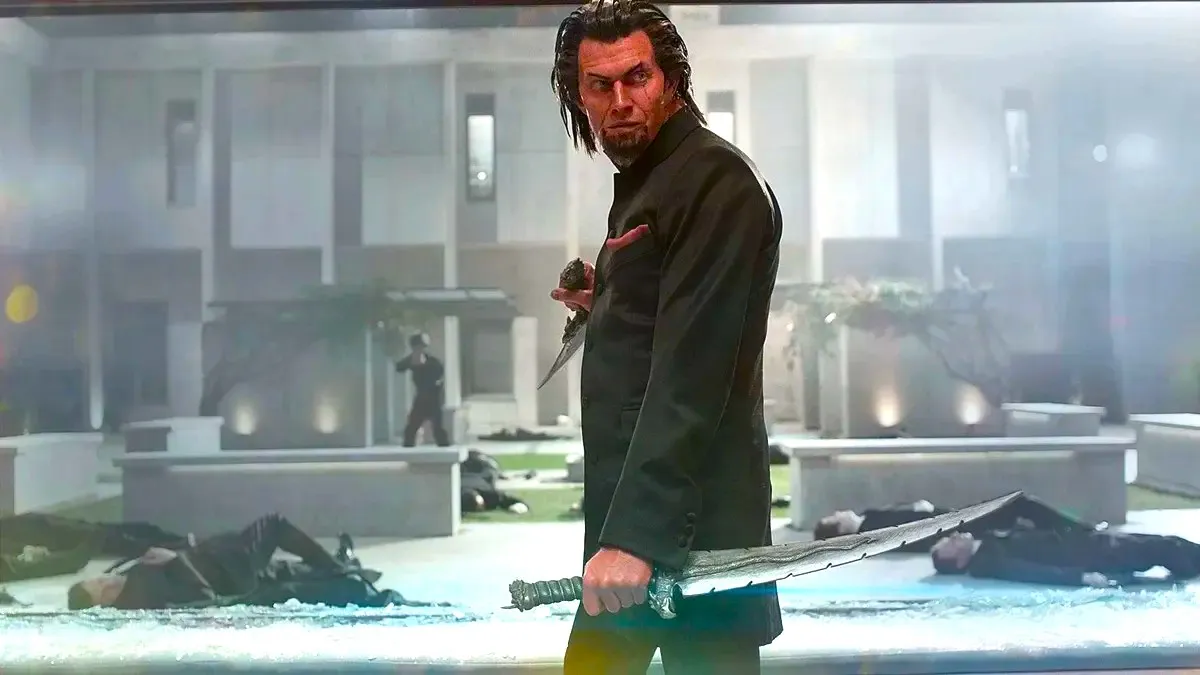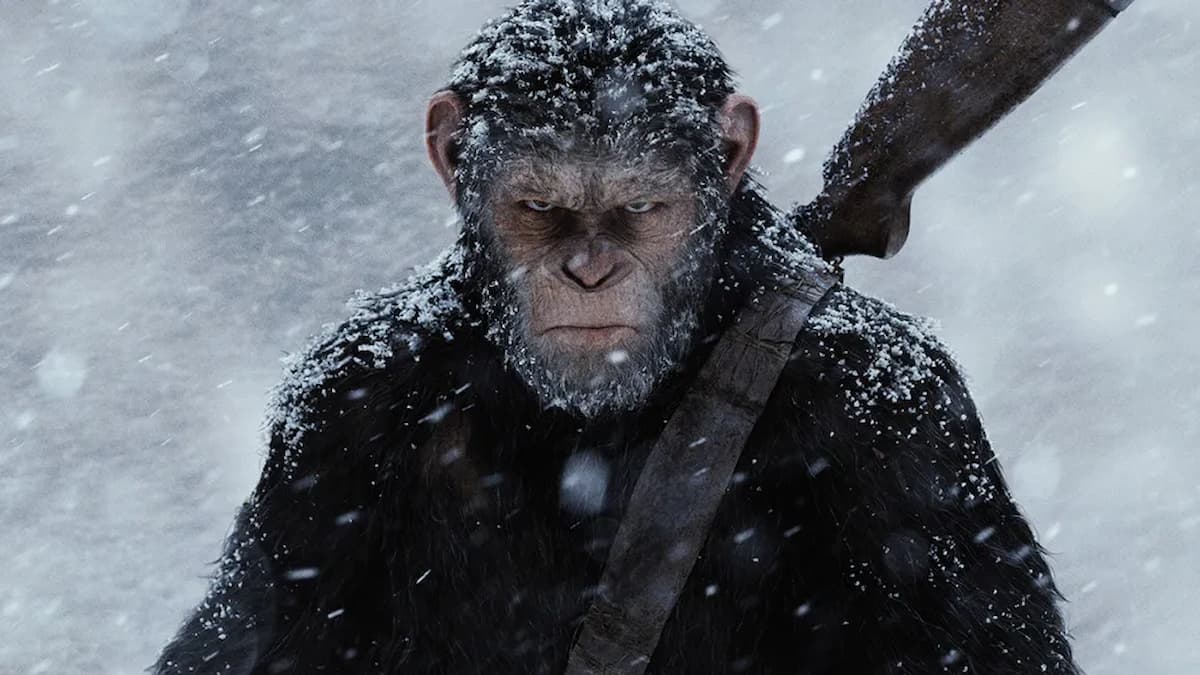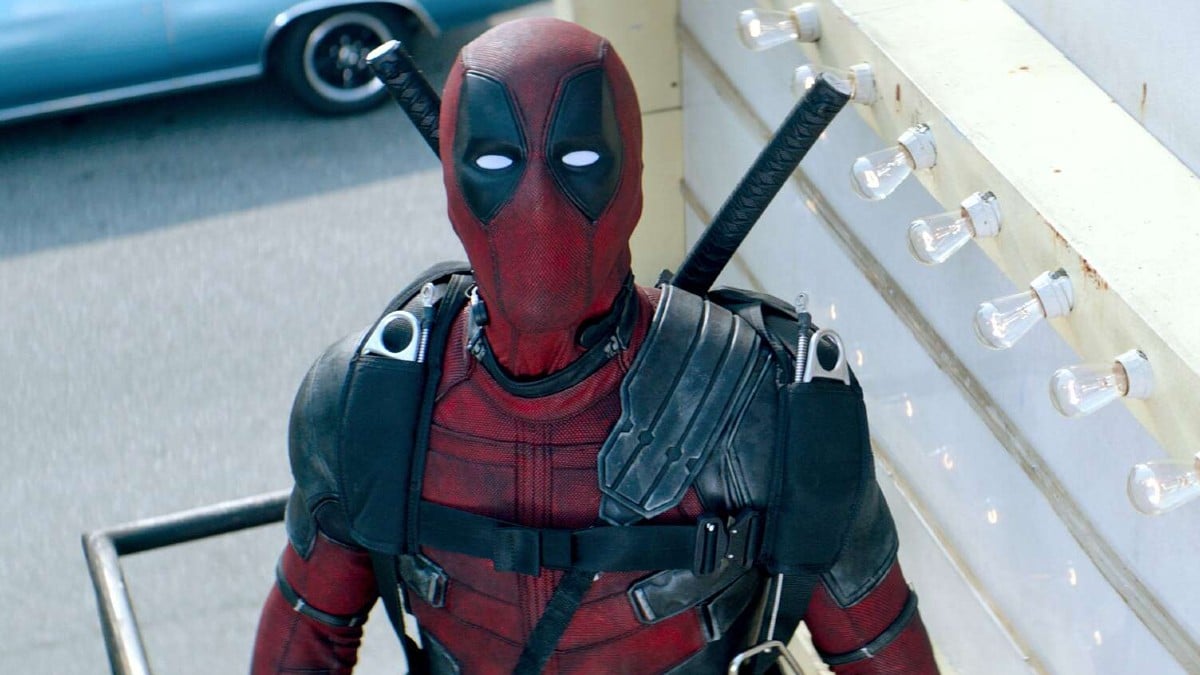
Contrary to popular belief, Christopher Nolan was not the first Nolan involved with Interstellar. Before the Dark Knight helmer came aboard, Steven Spielberg was mulling taking the reins and would have worked from a script by Jonathan Nolan. Of course, that didn’t happen, and viewers ended up with a visually jaw-dropping and narratively ambitious (if not entirely successful) space epic that explored universal themes of time, love and the human drive to survive. The Christopher Nolan touch made the pic soar in some ways and fall short in others, but now it has come out that if Jonathan Nolan had his way, Interstellar would have been a very, very different film altogether.
Promoting the movie’s upcoming Blu-Ray release, the younger Nolan recently let slip that his original ending for Interstellar would have divided public opinion even more than the final one.
SPOILER ALERT!
Interstellar ends with a bit of a head-trip – Matthew McConaughey’s intrepid astronaut Cooper hurtles himself into black hole Gargantua, only to find himself in a fifth dimension called The Tesseract, where time is a spatial dimension that he can manipulate to communicate with his daughter Murphy (Mackenzie Foy, then Jessica Chastain) back on Earth. Using gravitational waves, he’s able to look into his daughter’s bedroom throughout time to communicate data gathered by robot companion TARS and save the human race.
As Nolan recently revealed, though, his original ending was both simpler and far more depressing. Before rewrites, Interstellar “had the Einstien-Rosen bridge [colloquially, a wormhole] collapse when Cooper tries to send the data back,” the screenwriter said. He didn’t elaborate on the point, but it’s not hard to conclude that collapse would have essentially doomed Cooper. Floating without a spacecraft with no way to reach fellow explorer Amelia (Anne Hathaway), be reunited with Murphy or, perhaps most dismayingly, know whether his data made it through Gargantua or not. He would have spent his final moments completely unaware of whether Earth’s population would starve and suffocate, up until his own oxygen ran out and killed him.
This original ending would have been a much more classic version of the hero’s sacrifice, wherein Cooper (potentially) completed his mission only to die in the process. It also would have made a lot more sense then all the time-manipulating gobbledygook that ended up in the final cut.
Additionally, the gravitational anomalies that led Cooper and the younger Murphy to NASA’s secret base were originally supposed to be “gravity waves” emanating from the destruction of a neutron star on the other side of Gargantua, which would have been detected by the Laser Interferometer Gravity-Wave Observatory (LIGO), an invention of the film’s science consultant/producer Kip Thorne.
“That was very near and dear to me, but Chris thought it was too much science for the public to digest at once,” Thorne said.
For those of you who have seen Interstellar, what do you make of that new information? Would you have preferred Nolan’s bleaker original ending to the one that they eventually went with? And would more science have weakened the film or strengthened it? Let us know below.


